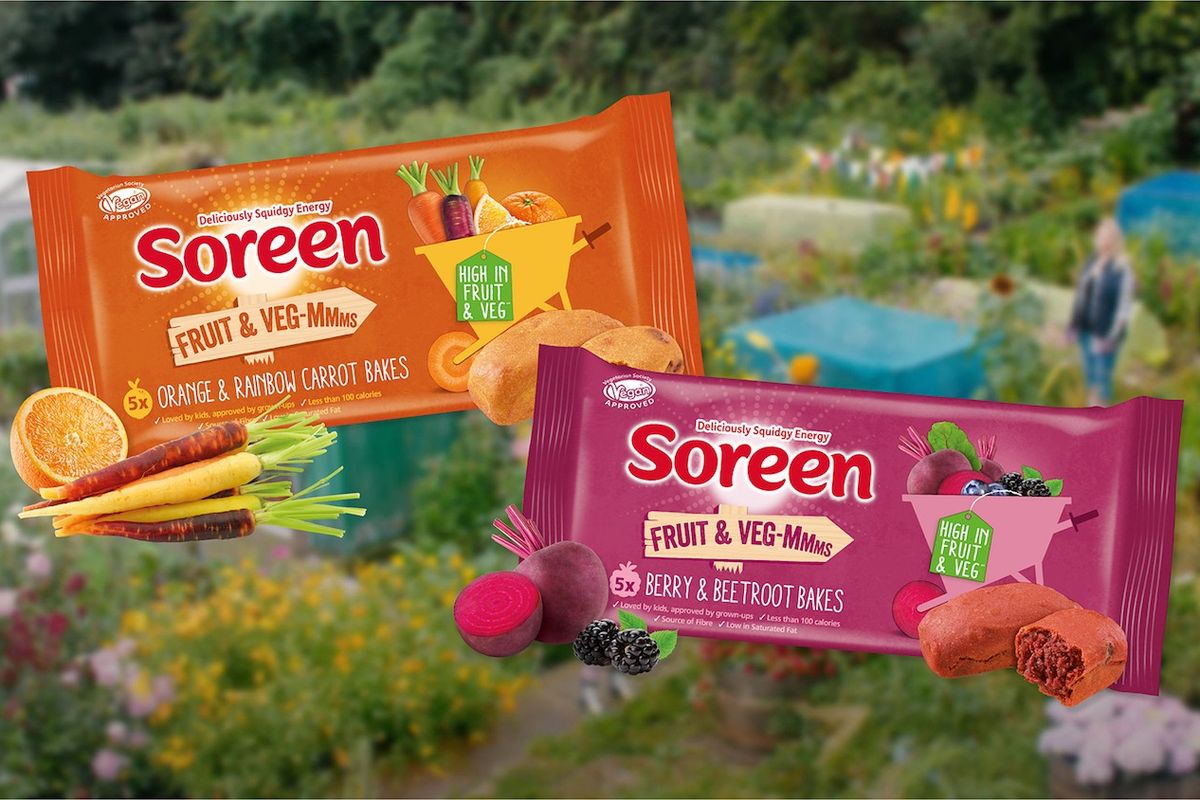Parents have revealed the tricks they use to get their children to eat a healthy diet, which include giving food silly names, grating vegetables into dishes and letting them eat in front of the TV.
A study of 2,000 parents with children, aged between two and six, found 82 per cent consider their kids to be "fussy eaters".
More than half (59 per cent) of those fussy diners will complain they don’t like something - before they have even tried it.
As a result, seven in 10 parents have to resort to trickery in the kitchen or make mealtime choices and food selection a little more inclusive.
Top of the inclusion list is letting children choose their own fruit and veg in the supermarket (37 per cent).
Other tactics include giving children the opportunity to choose the family meals each week (33 per cent), eat with their fingers rather than a knife and fork (33 per cent) and only allow pudding if they’ve eaten all of their fruit and vegetables (29 per cent).
But some of the more creative tricks included chopping fruit into breakfast cereal and sprinkling grated cheese onto a dish to hide the "healthy" food.
It seems to be working though as eight in 10 felt the tactics are generally successful.
"For many parents, getting your children to eat nutritious foods, such as fruit and veg and foods that are a source of fibre, can prove immensely tricky – often because young children simply don’t like the taste or prefer something sweeter and more treat-like," said Mark Simester, Managing Director at Soreen, which commissioned the research.
“But this research has shown that parents often need to get creative when it comes to getting kids to eat the right foods. Whilst children can be fussy eaters, it’s important they get the nutrients they need from fruit and vegetables and there are options available out there, that are still tasty and convenient, to help them to do this.”
The study also found that children are most likely to be fussy when it comes to vegetables (62 per cent), along with meat (37 per cent), fish (36 per cent) and fruit (23 per cent).
But the average parent faces three mealtimes a week where their children will refuse to eat the food on their plate, while vegetables will be left untouched four times a week.
More than half of parents said their children dislike Brussels sprouts (52 per cent), with avocados (48 per cent), mushrooms (48 per cent), beetroot (45 per cent) and cabbages (41 per cent) also on the "hate" list.
Instead, given the choice, three in 10 parents said their kids would happily eat chips with either sausages, fish or nuggets.
And just over a quarter (26 per cent) admit they would prefer a bowl of pasta to eat at dinner.
As a result, six in 10 parents must be clever with mealtimes to ensure their children eat everything on their plates, with seven in 10 buying the same fruit and vegetables all the time once they find something their youngster likes.
Six in 10 parents turn to mealtime tricks as they want to make sure their kids are getting the right nutrients, while five in 10 do it to educate their children about the importance of eating a balanced diet.
But three in 10 admitted it simply makes life a lot easier.
It also emerged eight in 10 parents said their children have a sweet tooth with 59 per cent using the incentive of a sugary treat to get them to eat something healthy first.
Three in 10 of those polled admitted to bribing their children with sugary snacks to get them to eat all their fruit and vegetables on the plate while just two in 10 do so to get their kids to work hard at school.
“We know all too well that children would prefer to reach for a sweet treat, whilst parents are faced with the constant battle of providing a balanced diet for their children," said Liz Jacobs, Head of Marketing at Soreen. However, there are foods and snacks out there that can deliver on health, nutrition and taste - a win for parents and for children.
“Soreen’s new Fruit & Veg-Mmms - Berry & Beetroot and Orange & Rainbow Carrot bakes- are high in fruit and veg, giving parents the peace of mind that their children are eating a healthier snack that they will also enjoy.
“In fact our research highlighted that 45 per cent of parents stated that their children dislike beetroot, yet they wouldn’t even know beetroot was in our Berry & Beetroot bakes, as kids love the fruity taste.
“These bakes allow parents to easily provide their children with an on-the-go snack option that is packed full of fruit and veg goodness, is under 100 calories and doesn’t compromise on taste.
“Essentially, they are loved by kids and approved by parents.”


